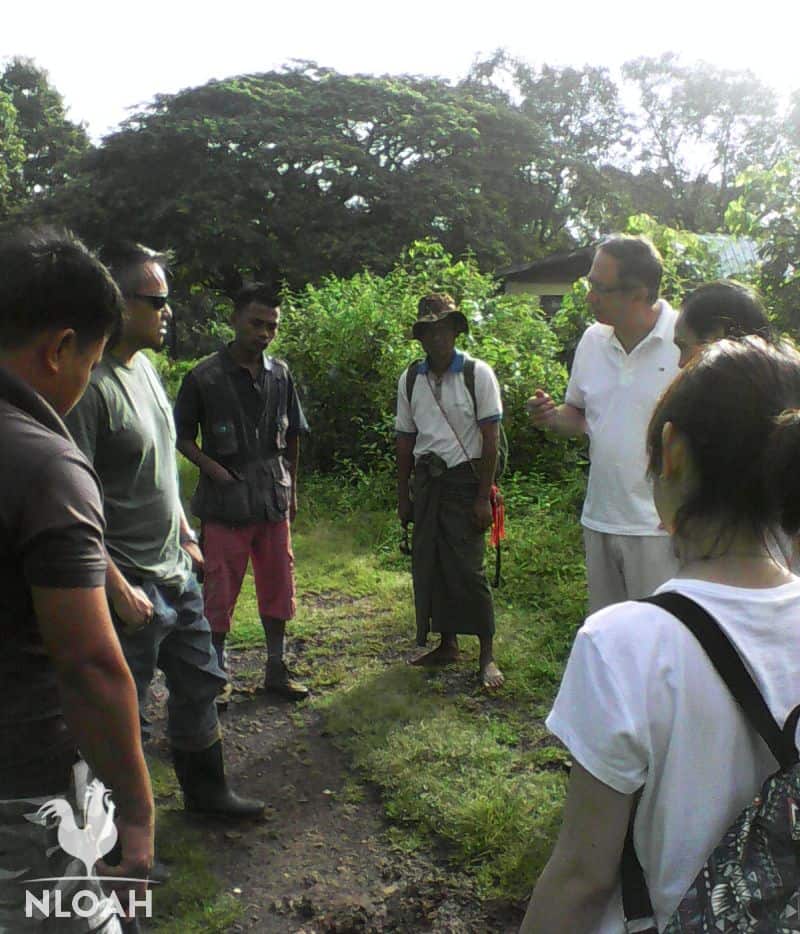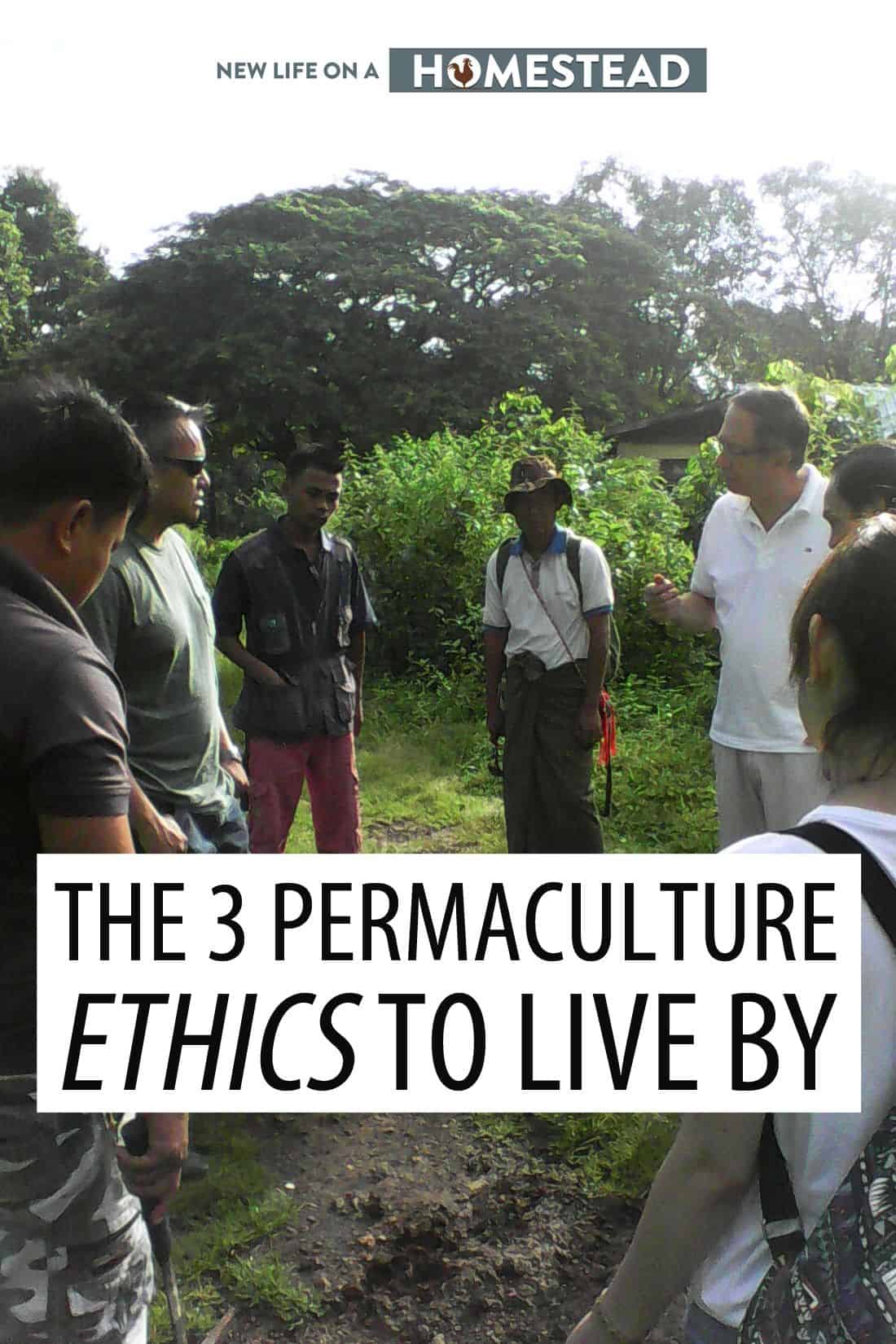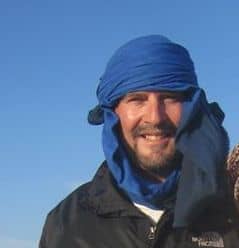The word permaculture was created by one of the founding fathers, Bill Mollison. It is derived from the word permanent and the word agriculture. By combining permanence with agriculture we can create systems that are diverse, sustainable and resilient.
Permaculture mustn’t only be viewed as a method of food production, but also be defined in how we live.

There has never been a more critical time in modern history than right now! To begin collectively, and take seriously applying the principles of permaculture in our lives. Our survival and the survival of the planet, is solely dependent on making this decision now! How do we start?
Let’s take a look at the ethics of permaculture and its three main components:
- Care of the earth
- Care of the people and fair share
- Setting limits on population and consumption
Care of the Earth
This should be pretty self-explanatory, however, putting this into practice for some of us seems a daunting or even overwhelming proposal. It’s not!
Some people may have the resources and financial means to create vast changes very quickly, unfortunately, very few of these people are acting quickly or effectively enough.
For the rest of us, we must begin within whatever means we have. No matter how small, when you put together a thousand small contributions you end up with a very large one.
How we apply permaculture to the land, creating sustainability, is also true for people and our community. There is strength in diversity. You find this diversity by careful observation of how things in nature and people relate to one another.
One might have certain strengths in one or two areas, but fall short in others. Through observation of the strengths of individuals and plants, we can determine how too effectively combine them in order to make the whole stronger.
Whether it is a food forest, small garden or community. When we organize according to individual strengths, we become reliant on one another. This creates a bond, and can be applied in every aspect of our lives.
By using diversity, permaculture uses the specific strengths of individual plants in an ecosystem to assist others to maximize their full potential.
An example of this would be larger trees providing shade and nutrition to smaller trees. These smaller trees then provide food for us and again the next level of plants below them.
This is quite simply put, but is the basis on how natural systems work. Isn’t this also not how a strong community operates? We perform the tasks that we’re good at, and this benefits the community as a whole.
The entire community then provides safety and education for the youth. This continuation in perpetuity is called sustainability – a healthy functioning ecosystem.
How to do this, if you are not in a healthy ecosystem, which includes most of us? We have become too complacent with consumerism and running to the store to buy what we need. This must stop.
Start to produce your own food and be responsible for your excess. Create a small garden in whatever space you have. Learn how to create fertile soil, the best plants to grow together, this will provide the gift of food. Start paying attention of how you use your water supply.
Even if you take it for granted because it flows freely from your tap, change your behavior, the world is running out of water. Stop buying the things you don’t need, this only empowers the greed, of the huge corporations, who are systematically killing off the very ecosystem we live in.
Start to influence your friends and neighbors, they will start to pay attention and ask questions, the more they see you change. The best way to teach somebody is by addressing their curiosity.
Engage your communities to start embracing the right way of life and consumption. Collectively grow food and, at the same time, grow together as a community. This is how we begin to care for the earth. We must start with ourselves.
Care of the People and Fair Share
Care of the people, this is a phrase that seems to only apply to our family and friends. Our government certainly bombards us daily with all that it is doing to care for our needs, it’s obvious this is ridiculous. It is no longer enough to just care for our family and friends, we must begin to care for everyone.
Most of us are so spread out in the community or the world, we can only provide support to our families through conversation or sending money. Is this benefiting where you live?
We are all in this together more than ever, and we are failing mother earth. Is it enough to just pay your taxes and hope the government will steer us in the right direction? This has failed us and we will fail our children and ourselves, if we continue with this adherence to our current systems.
What does it mean fair share? Just that. It’s the greed of individuals and corporations that have left more than two thirds of our planet in poverty. How can we hope to help our fellow human beings move forward if we keep all for ourselves?
Look around and you can see 100s if not 1000s of examples of people’s greed, and how it affects the community. How many houses or apartments are left empty while the streets are full of homeless.
How much edible food is thrown away, by not only grocers and restaurants but even our own households, while the homeless, old age and impoverished go hungry. Can we really face ourselves in the mirror knowing a child is starving and we can prevent it?
We can give to charities, and ease our conscience or work feeding the homeless once or twice a year and think we are doing our part, but are we?
There would be no need for us to do these things if there was enough strength in community to provide for all. Again it starts with our own actions. This is the ethics of permaculture.
When you have abundance, you share. Following the ethics and principles of permaculture. You first provide enough for yourself and family, then your community, then your region, and finally your country. Not hard if we start small, and cooperate.
Reach out to your neighbors, help them and work with them to respect nature, and to become reliant on each other and not our governments. Start gardening together you will soon see strengths in one another you didn’t know you had.
You will now have something in common which is such a benefit in bringing us together in a positive way. You actions will spread to the next neighbor and then the next neighbor. Once you collectively start to help each other, amazing things will begin to happen. You will start to increase your power over your future you will have a voice.
Many of us have strengths that we don’t even know. Help your friends and neighbors to realize these.
If you see a neighbor struggling with their garden, help them. Maybe they have a small bit of soil and its doing nothing, ask to plant vegetables there. They will become interested as they see them grow.
Plant vegetable seeds in pots and give them as gifts. Can there be anything better?
Once we start to understand how easy it is to follow the path to sustainability, we lose the fear of failure. Once you are no longer afraid to fail you, will swell with confidence and the understanding that failures are just success in a different form.
When you start to utilize the strengths of each individual, collectively you guarantee success. When applied to growing food you will have an overabundance. Share this overabundance with the people that don’t have.
They will soon follow the direction you are going. Is not having an abundance of food the most important need?
Once this is accomplished we can work on building more efficient communities. Improve the housing, create environments for the children to learn, focus on programs that force our politicians to comply and not just reach in your pocket. We have all the ability at our fingertips to begin engaging and caring for people. Start now!
Setting Limits on Population and Consumption
This again begins with the individual. Only by observing and governing our own needs can we ensure there will be enough abundance for the future needs of our children, community and humankind.
When it comes to controlling population, this must be done on the community level. The industrialized world has propelled its success and excess on the backs of the third world. Through exploitation and total exhaustion of resources, first world has stripped the ability of the so-called third world to recover to previous times of sustainability.
They are often stuck with the only choice, produce more children, and hope, one of them might break free from the slavery, and be able to provide for the rest. We see this everyday on our televisions. Desperate people trying to escape in order to help their communities and family survive.
The reverse is occurring in our “fortunate” societies. We are so busy working in order to live the life that we believe we are entitled to, we have no time for children or community. Break down of community enables the governments to exude total control.
So we reach the crossroads. We need these people from the unfortunate countries in order to supplement our diminishing population, yet we are unwilling to compromise our culture and excess by allowing them in.
Through the creation of consumerism and providing wealth to a select few, governments and corporations have enslaved humanity almost in its entirety. If you believe that because you live in a nice house, drive a nice car and have enough to eat that you are not part of this slavery, please look carefully and decide how free you really are.
By beginning on a path that follows the ethics of permaculture and by applying the 12 principles, we will begin to infect our neighbors, and regain control of our destiny. We can and must turn this looming catastrophe around.
Unwritten but between the lines of the ethics of permaculture, there are two words we must, ingrain in our minds.
- Kindness
- Patience
Through kindness we create cooperation. Through patience we create understanding. All the species on the planet come from one common origin, this makes us all family.


Dirk is Canadian permaculture designer with a certificate from Tagari farms, studying under the tutelage of the legends and founders of permaculture Bill Mollison and Geoff Lawton. Dirk has been doing permaculture for more than 20 years, initiating and managing projects in Cambodia, Madagascar, Montenegro, and Vietnam. He’s been helping people use permaculture techniques in growing their own food, and in leading more sustainable lives across the world.

Well said Dirk! But these are not only permaculture ethics, but Godly ethics. As a nation, we’ve strayed too far away from these ethics.
hi Dirk,
I enjoyed your article. I am so glad you touched upon the taboo subject… world overpopulation. I’m glad you said that the solutions must be community based, and that “They are often stuck with the only choice, produce more children, and hope, one of them might break free from the slavery, and be able to provide for the rest.” It is quite true that in places where infant mortality and poverty are greatest, that people have more children and often experience over-population. But I am concerned with the idea of “control.” My mind fled to the Uighur population, where currently the Chinese government is trying to impose family size limits on the Uighurs with non-voluntary sterilization after 2 children, if not before. Uighurs are residents in China, it is their government, but not Uighur choice. China was considered unethical when it adopted the “one child” policy many years ago (now changed). There is no denying it helped avert crisis and contributed to the Chinese people being able to improve their standard of living today, but I have heavy reservations whenever I hear the word “control” for the abuses and lack of rights that usually come with it. Communities still contain sub-cultures and individuals. I think, perhaps, we need to address the population crisis with education (not indoctrination), and by improving the lives of the poorest… but even of that I’m not sure. In countries where the replacement population is low (like the U.S. and Canada) the carbon footprint of the individual is much, MUCH, higher. It is a very complex issue! I am so very glad you had the courage to bring it up.